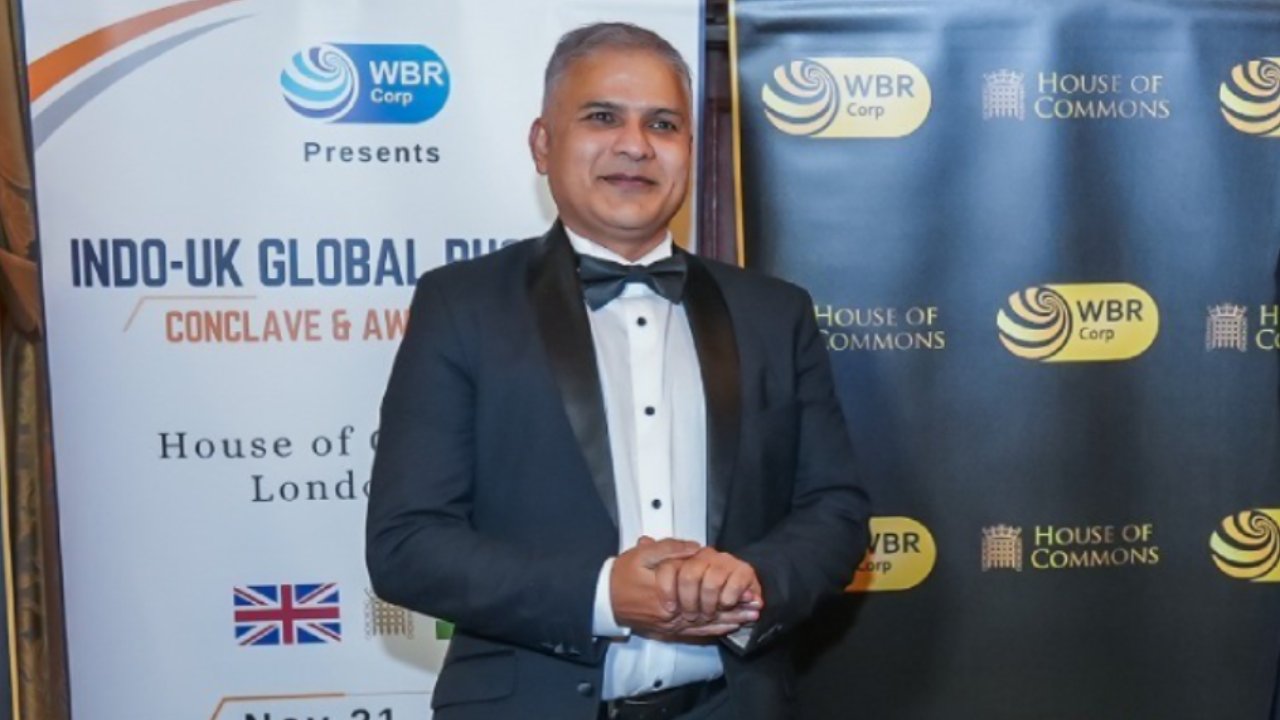From 2019 to 2024, the Indian startup ecosystem witnessed dramatic shifts in funding trends, shaped by global economic dynamics and domestic policy transformations. The period between 2019 and 2021 marked an unprecedented boom in startup investments, culminating in 2021 being hailed as the “year of unicorns”. During this golden era, 44 startups attained unicorn status, driven by robust venture capital inflows, supportive government policies, and a rapidly expanding digital economy.
Yet, this momentum faltered in the years that followed. A global economic slowdown, rising interest rates, and intensified scrutiny of startup valuations triggered a marked decline in funding activity. High-profile setbacks, such as Byju’s dramatic collapse—from a staggering $22 billion valuation in 2022 to near zero by 2024—exposed the perils of unchecked expansion and unsustainable business models.
Amidst these challenges, 2024 has emerged as a turning point. Indian startups recorded a 53% surge in funding during the first eight months compared to the previous year, signalling renewed investor confidence. Simultaneously, India’s growing prominence in the global AI ecosystem has unlocked significant investment opportunities. Experts project that AI services in India could reach a market size of $17 billion by 2027, further cementing the country’s position as a technological powerhouse.
In essence, the Indian startup ecosystem has navigated a turbulent path over these five years. While funding volatility posed challenges, forward-thinking policies, and sectoral advancements have paved the way for a more resilient and dynamic investment environment.
In an exclusive conversation with The Interview World, Vinay Bansal, Founder and CEO of Inflection Point Ventures, sheds light on these funding fluctuations. He shares his insights on the rise of deep tech startups in India, outlines the five key factors investors prioritize before committing funds, and offers a visionary outlook on the future of Indian startups over the next decade. Here are the highlights of his compelling discussion.
Q: How do you perceive the recent fluctuations in funding for Indian startups? Do you consider this an alarming trend, and what could be the underlying factors?
A: The situation is not as dire as it might seem, and fears of funds sinking are largely groundless. Early-stage investors must focus on identifying the right companies with strong fundamentals and sustainable growth potential. By exercising due diligence and adopting a strategic approach, they can not only protect their investments but also unlock significant opportunities for long-term returns.
Q: Several leading EdTech unicorns have recently made headlines for significant drops in their valuations. What are your thoughts on this trend, and what factors do you believe are driving these changes?
A: It’s an unfortunate reality that some large companies inevitably face challenges and may even fail. However, this does not imply that the entire industry is collapsing alongside them. Such setbacks are part of the natural cycle in business, and we must avoid generalizing them as overarching trends for the sector. If we examine the data closely, we see that funding surged significantly in the aftermath of the pandemic. While the past year or year and a half has seen a slight dip in investment levels, these fluctuations are entirely normal. They are simply part of the ever-evolving landscape of both business and individual careers.
Q: What is your perspective on the progress of deep tech startups in India?
A: Deep tech should focus on solving real-world problems. When innovation is driven by the need to address significant challenges, it naturally attracts investment. Investors seek impactful solutions, and a genuine problem-solving approach makes securing funding a straightforward process.
Q: What are the top five factors you consider from an investor’s perspective when evaluating startups for potential investment?
A: Our approach begins with evaluating the quality of the business, ensuring it has a solid foundation and potential for growth. Next, we focus on the customer base, carefully assessing whether they are willing to purchase the service and pay for it consistently. We then scrutinize the founders, considering their leadership capabilities, vision, and ability to drive the business forward. Another critical factor is the valuation at which the asset is available, ensuring it offers value relative to its potential. Finally, we analyze the competition, understanding the broader market landscape and identifying key differentiators that set the business apart.
Q: How do you envision the future of Indian startups over the next five to ten years, and what key trends or challenges do you foresee shaping their trajectory?
A: Looking a decade ahead, the outlook is exceptionally bright for Indian startups. With a growing economy, innovative entrepreneurs, and increasing global recognition, Indian startups are well-positioned to achieve remarkable success. The next ten years will undoubtedly witness their continued growth and impact.









